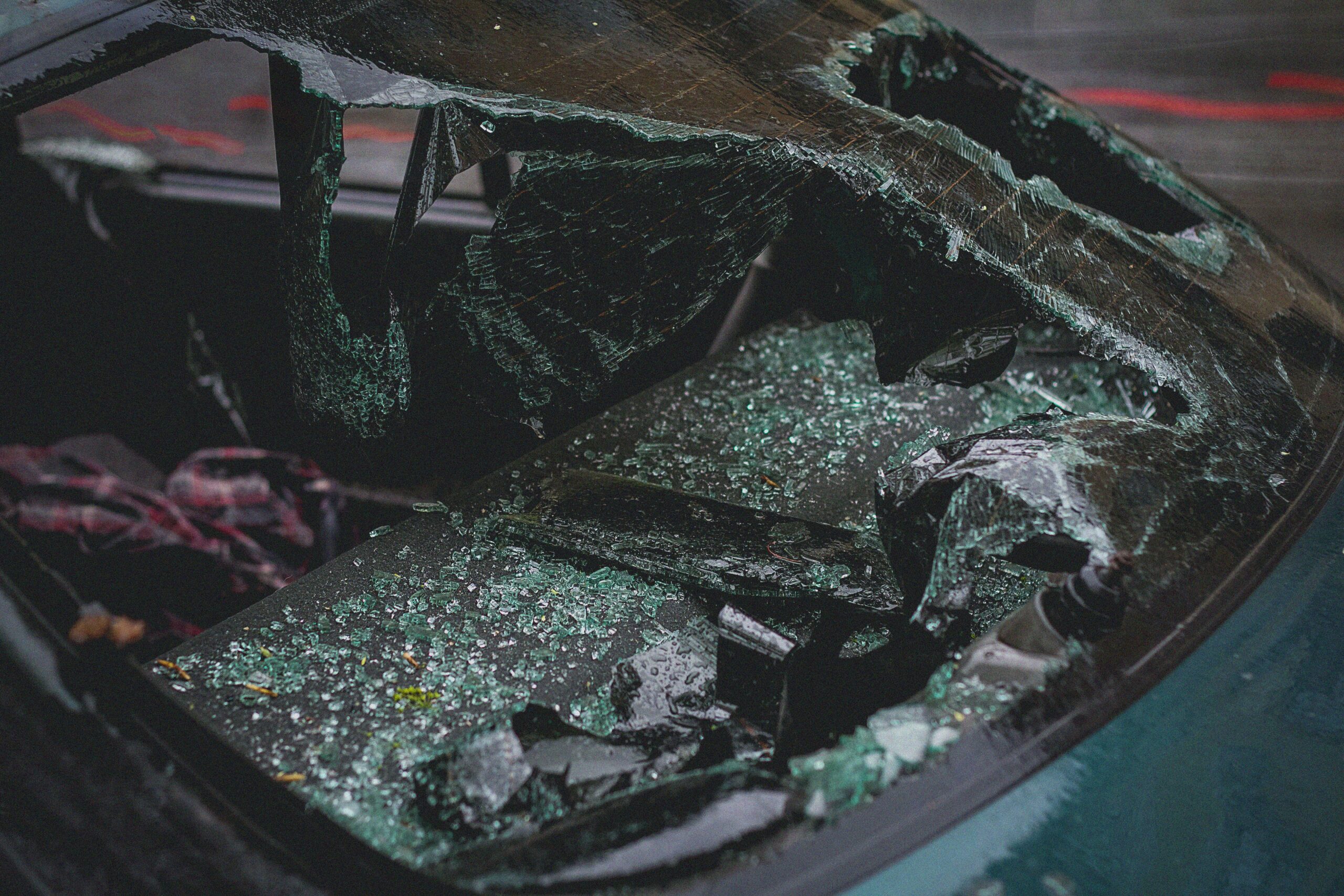Can a Car Accident Cause Amnesia?
Posted in Motor Vehicle Accidents on March 9, 2022

Vehicle accidents can lead to a range of injuries, including those that affect the brain. Any type of car accident could potentially lead to a person sustaining a bump or blow to the head, and this can affect the brain in a variety of ways. Memory loss is always a possibility after a person sustains a traumatic brain injury. However, this is a specific type of memory loss, not necessarily the kind we may be familiar with related to dementia or Alzheimer’s. Here, we want to discuss car accident-related amnesia and memory loss.
Car Crashes and Memory Loss
Amnesia is a form of memory loss, and car accidents have been known to cause certain types of memory loss. So, yes, it is possible for a car accident to cause amnesia. In most situations, memory loss after a vehicle accident is caused by a traumatic brain injury (TBI). Some traumatic brain injuries after a vehicle accident can be serious, but even a relatively minor traumatic brain injury can cause various types of memory loss.
- Memory loss from trauma. Extreme trauma has been known to cause dissociative amnesia. This can happen in a vehicle accident as well. This type of memory loss causes our brain to avoid processing certain thoughts and information that will recall memories of the incident. Blocking information can lead to individuals being unable to recall events or even personal information like their own address.
- Concussion memory loss. The head, neck, and back are some of the most affected body parts whenever a vehicle accident occurs. It is not uncommon for individuals to sustain concussions, which are actually considered mild traumatic brain injuries. Concussions can lead to individuals sustaining temporary memory loss, though this is usually only short-term. Concussion symptoms can last anywhere from a few days to a week or more.
- Brain damage memory loss. The part of our brain responsible for memory is the hippocampus. If a brain injury is severe enough to damage the hippocampus, then this can lead to the loss of memories that may never return. Unfortunately, individuals who damage this part of their brain will also have trouble forming new memories moving forward.
- Short-term memory loss. Short-term memory loss after a vehicle accident can significantly impact a person’s life. A condition called anterograde amnesia is characterized by the inability to form new memories for a short period of time, and this is one of the most common indicators that a brain injury has occurred.
- Retrograde amnesia. Retrograde amnesia is a condition where individuals lose memories that they had before an incident occurred. For example, if a person sustains a severe blow to their head as a result of a car accident, they may lose any memories of the events leading up to the incident, possibly for even days or weeks before the crash. Most individuals with retrograde amnesia do regain these memories over time.
- Type of Brain Injuries From Car Accidents
Seeking Legal Assistance for Car Accident Memory Loss
If you or somebody you care about has sustained memory loss as a result of a vehicle accident, we encourage you to reach out to an attorney as soon as possible. A skilled car accident lawyer in Seattle can examine the facts of your case and work to uncover the evidence needed to prove liability. They will make sure that you are evaluated by trusted medical professionals who can determine your level of memory loss and link the memory loss to the vehicle accident. The ultimate goal is for you to recover compensation for your medical bills, any lost income, as well as pain and suffering damages.